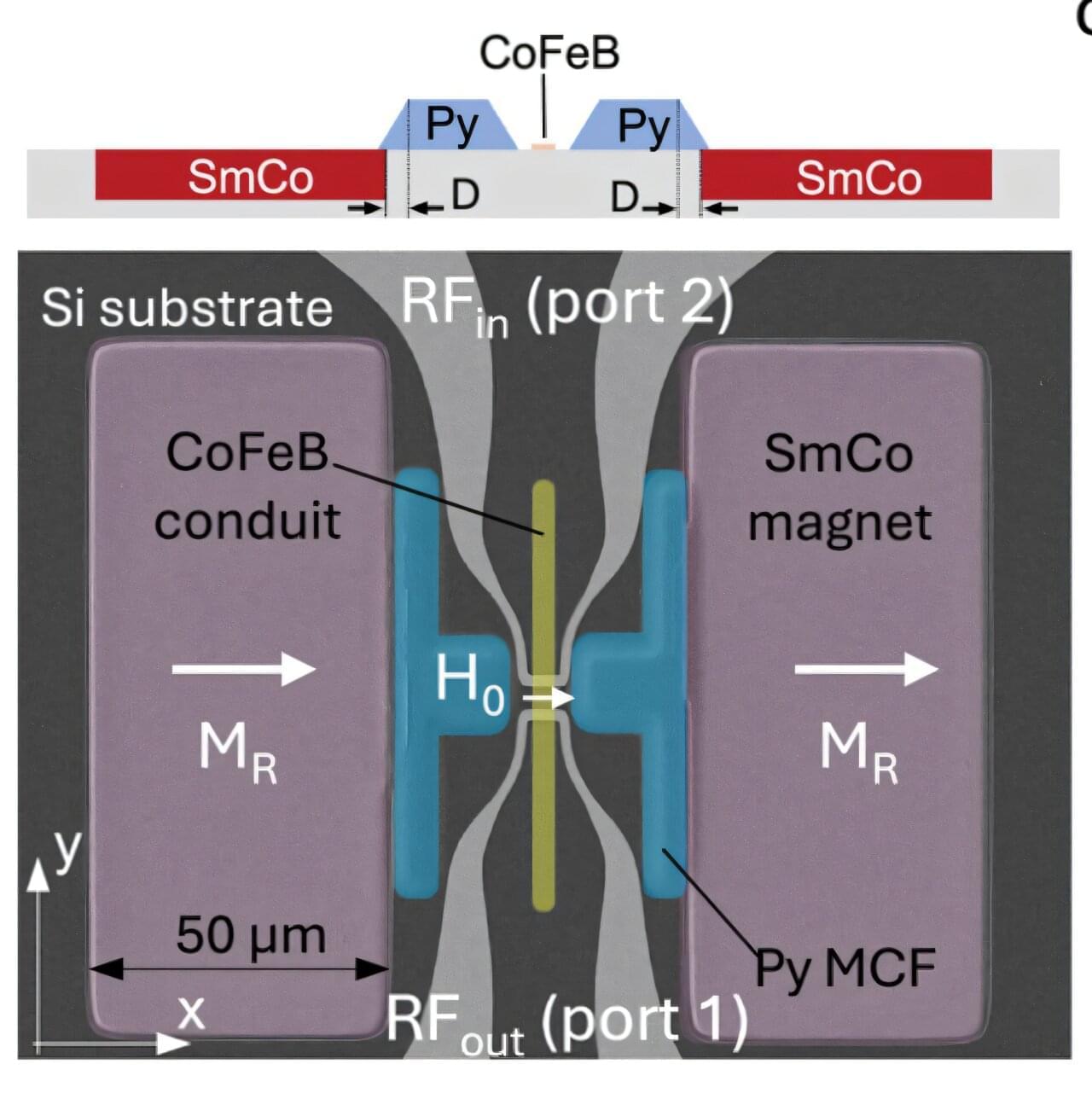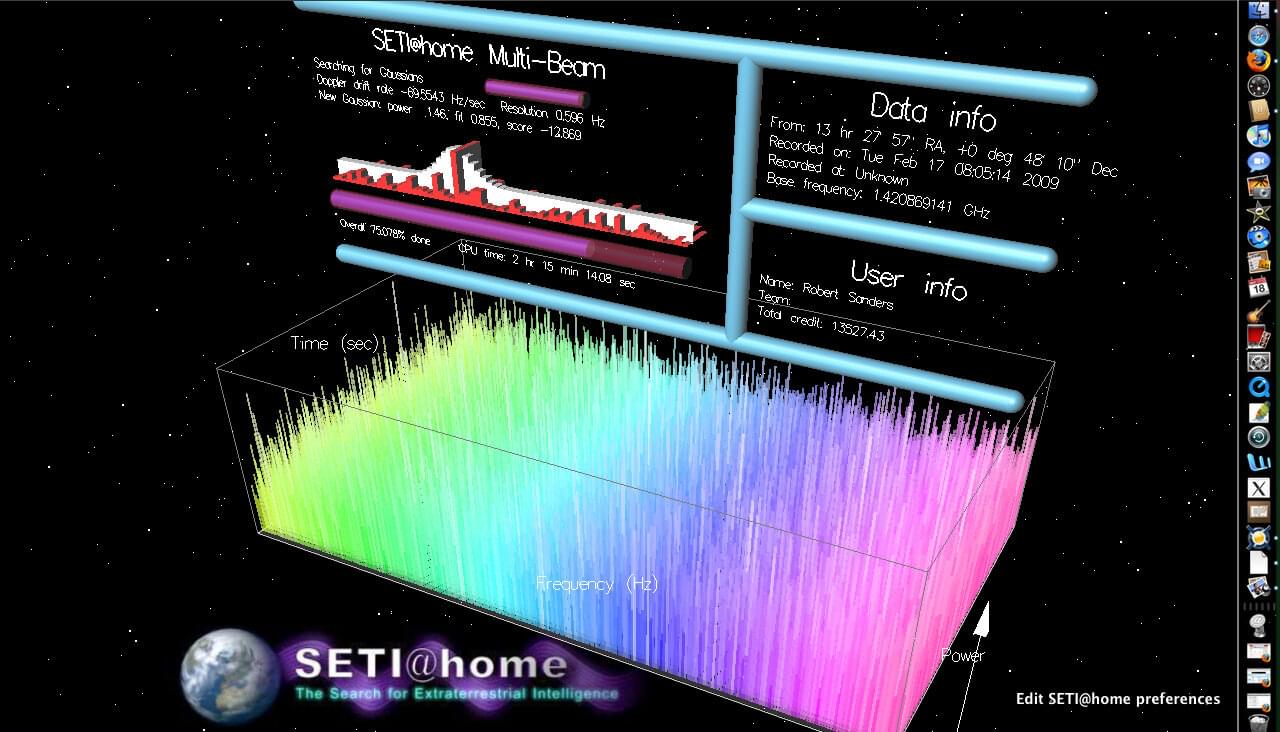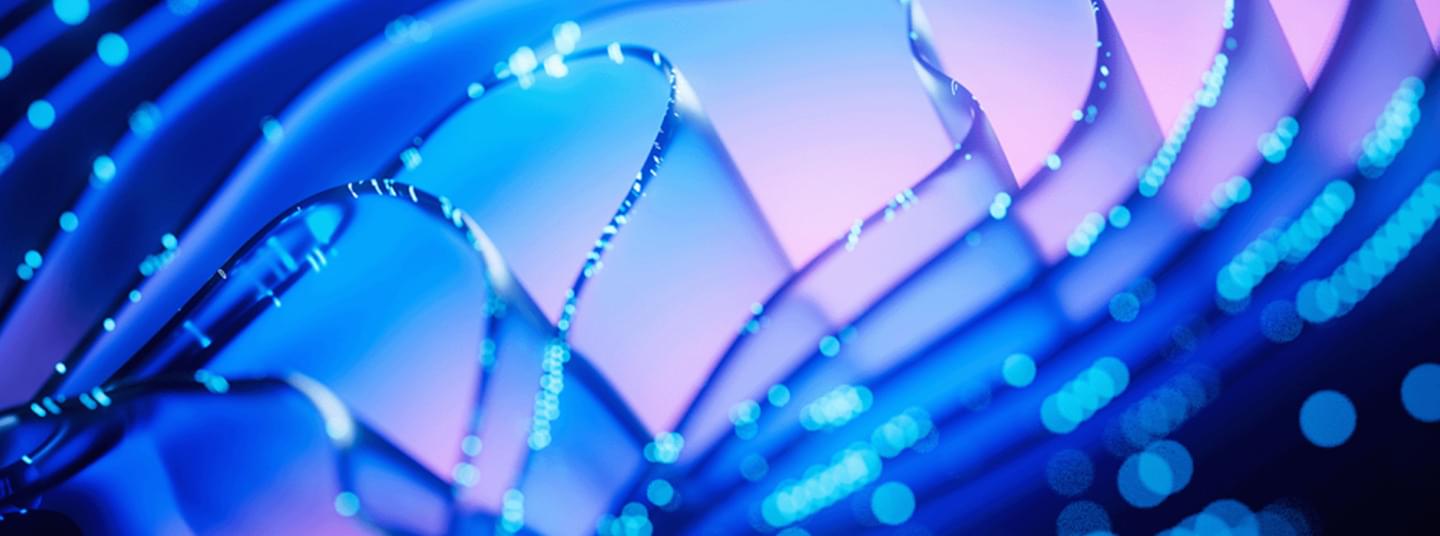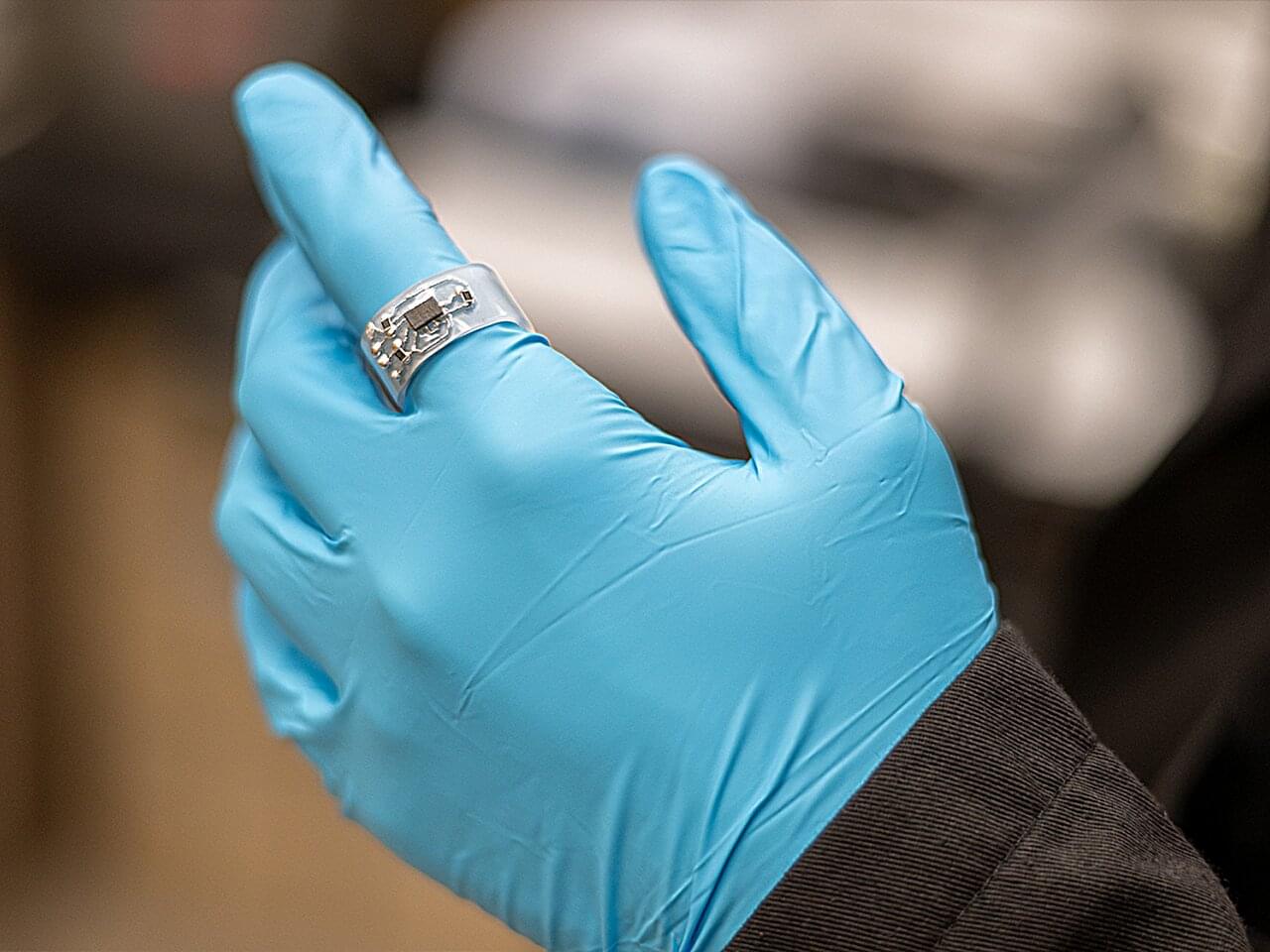Wearable electronics could be more wearable, according to a research team at Penn State. The researchers have developed a scalable, versatile approach to designing and fabricating wireless, internet-enabled electronic systems that can better adapt to 3D surfaces, like the human body or common household items, paving the path for more precise health monitoring or household automation, such as a smart recliner that can monitor and correct poor sitting habits to improve circulation and prevent long-term problems.
The method, detailed in Science Advances, involves printing liquid metal patterns onto heat-shrinkable polymer substrates—otherwise known as the common childhood craft “Shrinky Dinks.” According to team lead Huanyu “Larry” Cheng, James L. Henderson, Jr. Memorial Associate Professor of Engineering Science and Mechanics in the College of Engineering, the potentially low-cost way to create customizable, shape-conforming electronics that can connect to the internet could make the broad applications of such devices more accessible.
“We see significant potential for this approach in biomedical uses or wearable technologies,” Cheng said, noting that the field is projected to reach $186.14 billion by 2030. “However, one significant barrier for the sector is finding a way to manufacture an easy-to-customize device that can be applied to freestanding, freeform surfaces and communicate wirelessly. Our method solves that.”






